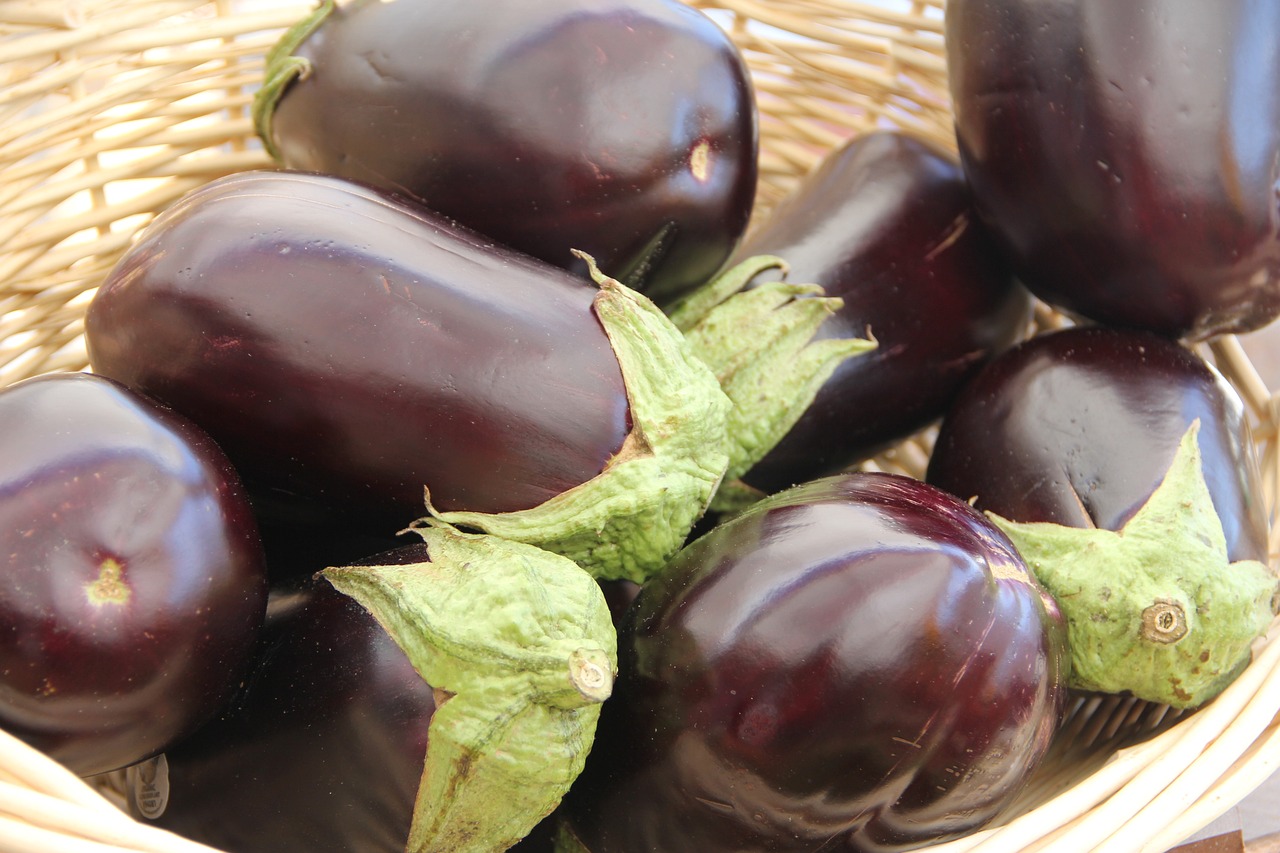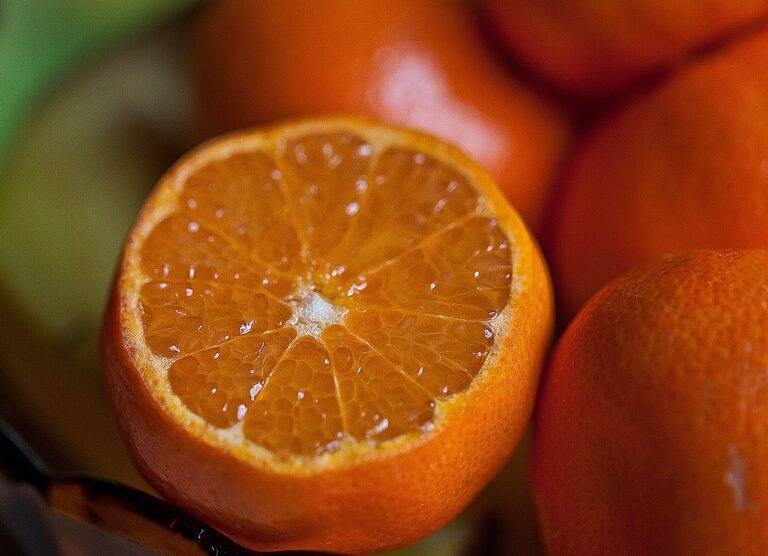The Art of Food Preservation: Techniques and Traditions
Food preservation plays a crucial role in extending the shelf life of perishable items. By preserving food, individuals can reduce waste and save money by preventing the need to constantly restock on fresh produce. This not only benefits the individual consumer but also contributes to minimizing food waste on a larger scale, which aligns with sustainability efforts.
Moreover, food preservation allows for greater flexibility in meal planning and preparation. With preserved foods readily available, individuals can enjoy a varied diet throughout the year, regardless of seasonal availability. This ensures a well-rounded nutritional intake and promotes culinary creativity by allowing access to a wide range of ingredients at any given time.
History of Food Preservation
Throughout the ages, food preservation has been crucial for civilizations to ensure a stable food supply. One of the oldest methods of food preservation is drying, where food is exposed to sunlight or air to remove moisture. This method dates back thousands of years and was used by ancient civilizations to preserve fruits, vegetables, and meats for long-term storage.
Another ancient method of food preservation is fermentation, a process that involves using microorganisms to break down sugars and starches in food. The fermentation process not only helps in preserving food but also enhances its flavor and nutritional value. Communities around the world have utilized fermentation techniques for centuries to create foods like sauerkraut, kimchi, yogurt, and cheese.
What are the benefits of food preservation?
Food preservation helps to extend the shelf life of food, reduce food waste, and ensure that food is available during times of scarcity. It also helps to retain the nutritional value and flavor of food.
What are some common methods of food preservation?
Some common methods of food preservation include canning, freezing, drying, smoking, pickling, and fermenting.
How has food preservation evolved over time?
Food preservation has evolved from simple techniques like drying and smoking to more advanced methods like canning and freezing. Advances in technology have also played a role in improving food preservation methods.
Why is it important to preserve food?
Preserving food is important to ensure food security, reduce food waste, and make food available throughout the year. It also helps to maintain the nutritional value and quality of food.





